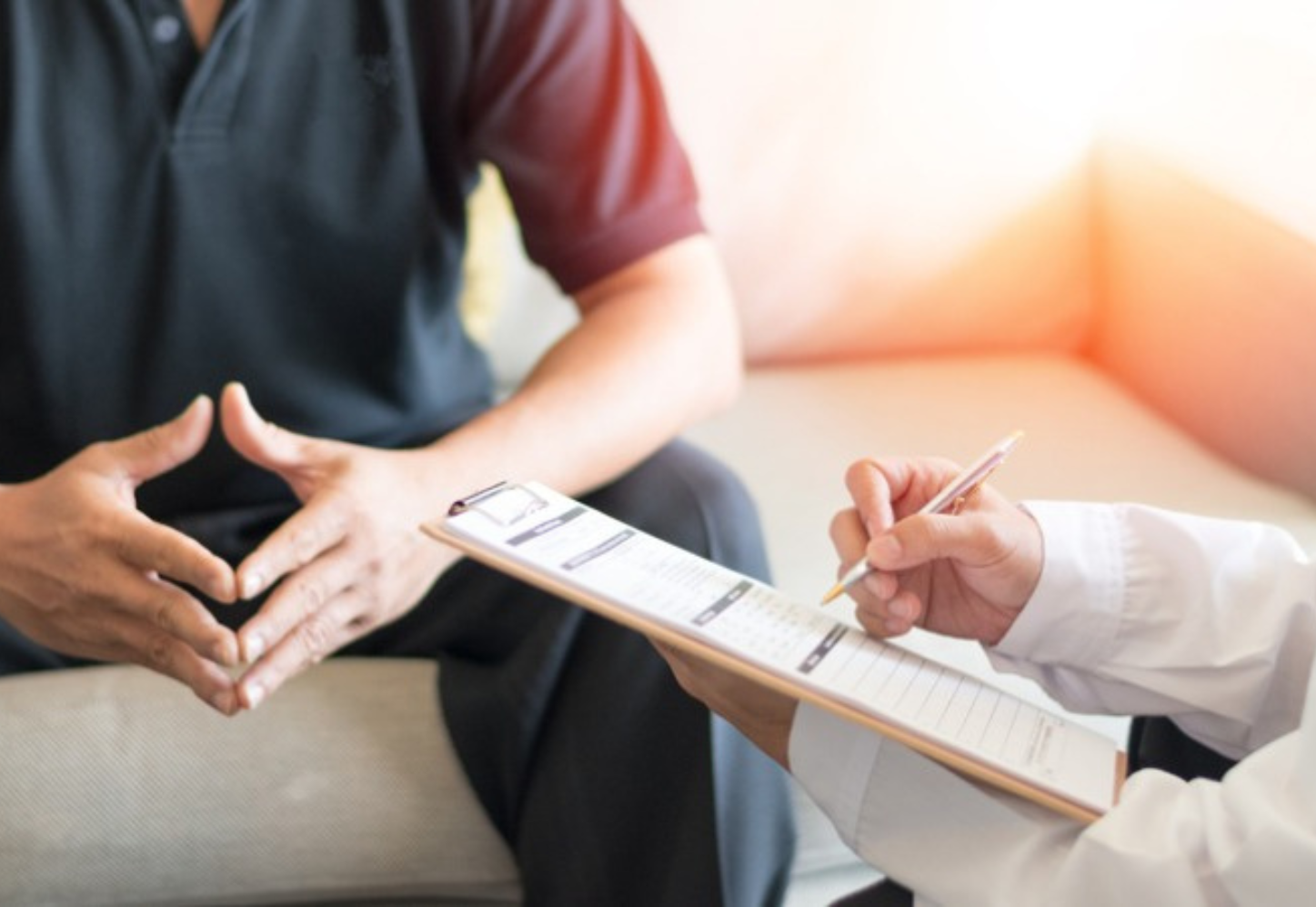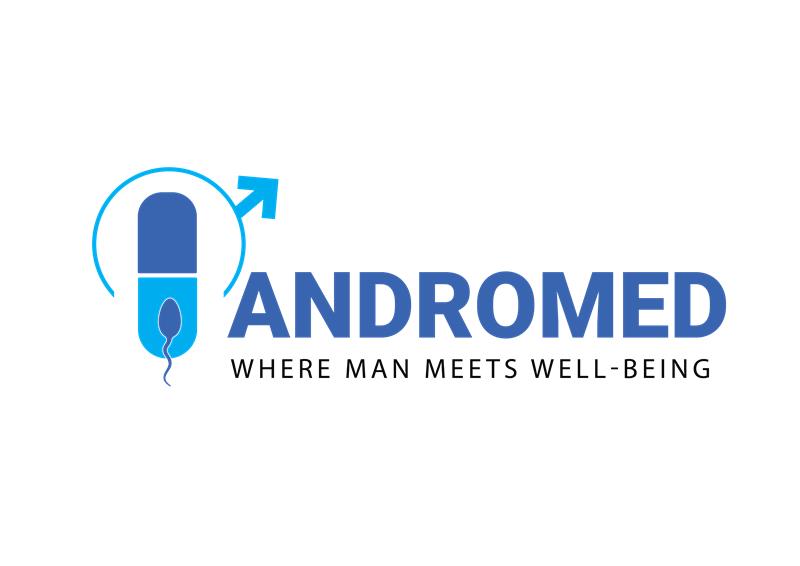BLOG

Oct 13,2023
How Can I Get Rid of Erectile Dysfunction?
Erectile dysfunction (ED) is a common condition that affects millions of men worldwide. It can be a source of frustration, anxiety, and embarrassment, but the good news is that there are effective treatments available.
In this comprehensive guide, we'll explore the various causes of ED, lifestyle changes that can help, and the range of medical treatments and therapies that can help you regain your sexual confidence. Whether you're experiencing occasional difficulties or have been dealing with ED for a while, this article will provide you with valuable insights on how to get rid of erectile dysfunction.
Before we delve into the solutions, it's important to understand what erectile dysfunction is and what causes it.
Understanding Erectile Dysfunction
Erectile dysfunction, often referred to as impotence, is the inability to achieve or maintain an erection firm enough for sexual intercourse. It can be a temporary or chronic problem and can affect men of all ages. ED can have a profound impact on a man's self-esteem, relationships, and overall quality of life.
Common Causes of Erectile Dysfunction
Physical Factors
Many cases of ED are related to underlying physical health conditions. These may include heart disease, diabetes, obesity, high blood pressure, and hormonal imbalances. Smoking and excessive alcohol consumption can also contribute to ED.
Psychological Factors
Stress, anxiety, depression, and relationship problems can all lead to ED or exacerbate existing symptoms. The mind plays a crucial role in sexual arousal and performance.
Medications
Certain medications, including those used to treat high blood pressure, depression, and prostate conditions, can have ED as a side effect. It's essential to consult with your healthcare provider if you suspect your medication is causing ED.
Lifestyle Factors
An unhealthy lifestyle can significantly contribute to ED. Lack of exercise, poor diet, excessive alcohol consumption, and smoking can all increase the risk of erectile dysfunction.
Now that we have a better understanding of the causes, let's explore how to get rid of erectile dysfunction.
Lifestyle Changes to Combat Erectile Dysfunction
Exercise Regularly
Regular physical activity can improve blood flow, boost testosterone levels, and reduce stress—three factors that can help alleviate ED. Aim for at least 150 minutes of moderate-intensity exercise per week, such as brisk walking, cycling, or swimming.
Maintain a Healthy Diet
A diet rich in fruits, vegetables, whole grains, and lean proteins can support overall cardiovascular health, which is closely linked to erectile function. Consider adding foods high in antioxidants, like berries, spinach, and nuts, to your diet.
Limit Alcohol and Quit Smoking
Excessive alcohol consumption and smoking can damage blood vessels and restrict blood flow, making ED worse. Reducing alcohol intake and quitting smoking can have a positive impact on your sexual health.
Manage Stress and Anxiety
High stress and anxiety levels can contribute to ED. Practice relaxation techniques like deep breathing, meditation, or yoga to manage stress and improve your mental well-being.
Prioritize Sleep
Getting enough quality sleep is essential for overall health and hormone regulation. Aim for 7-9 hours of uninterrupted sleep per night to support sexual function.
Medical Treatments for Erectile Dysfunction
If lifestyle changes alone don't provide the desired improvement, various medical treatments and therapies are available to help you get rid of erectile dysfunction. Consult with a healthcare professional to determine the most suitable option for you.
Oral Medications
a. Sildenafil (Viagra)
This well-known medication helps increase blood flow to the penis and is effective for many men with ED. It should be taken about 30 minutes to an hour before sexual activity and can last up to four hours.
b. Tadalafil (Cialis)
Similar to sildenafil, tadalafil also increases blood flow but has a longer duration of action, up to 36 hours. This allows for more spontaneity in sexual activity.
Penile Injections
For men who don't respond to oral medications, injectable medications like alprostadil can be directly administered into the base of the penis. This helps relax blood vessels, facilitating an erection within 5-20 minutes.
Penile Implants
In cases where other treatments are ineffective or not suitable, surgical penile implants may be considered. There are two main types: inflatable implants and semi-rigid rods. A surgeon inserts these devices into the penis to allow for manual control of erections.
Vacuum Erection Devices (VEDs)
VEDs are non-invasive devices that create a vacuum around the penis, drawing blood into it to create an erection. A constriction ring is then placed at the base of the penis to maintain the erection.
Hormone Therapy
In cases where hormonal imbalances are causing ED, hormone replacement therapy (HRT) may be recommended. This involves supplementing or replacing hormones like testosterone to restore normal sexual function.
Psychotherapy
If psychological factors are contributing to your ED, therapy or counseling can help address the underlying issues, such as anxiety or relationship problems. Sometimes, a combination of psychotherapy and medication may be the most effective approach.
Lifestyle Medications
In some instances, your doctor may prescribe medications to address underlying health conditions contributing to ED, such as high blood pressure or diabetes.
Conclusion
Erectile dysfunction is a common and treatable condition that can affect men of all ages. By understanding the underlying causes and making positive lifestyle changes, many men can significantly improve their sexual function. For those who require additional assistance, a variety of medical treatments and therapies are available to help get rid of erectile dysfunction.
Remember that ED is a medical issue, and seeking help from a healthcare professional is crucial. They can assess your specific situation, recommend appropriate treatments, and provide guidance on managing the condition effectively. With the right approach and support, you can regain your sexual confidence and enjoy a fulfilling sex life once again.
Copyright © . Karthikeyan V S. All Rights Reserved.
Powered By: Cortex Media Marketing Pvt Ltd


